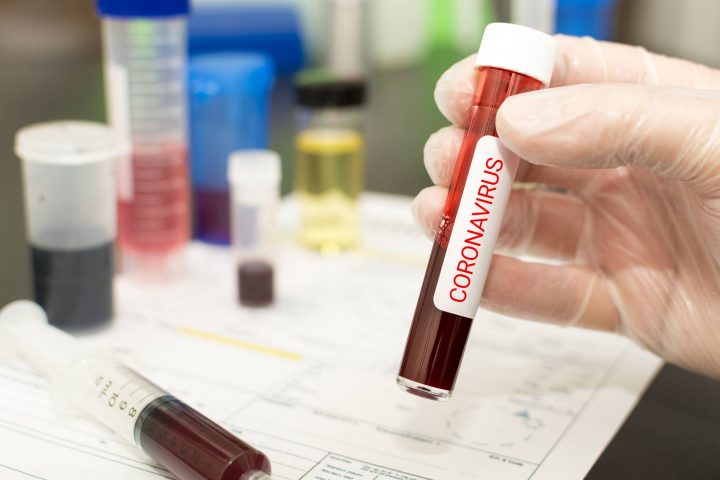A new research study is showing positive results in developing a new COVID-19 blood test that is faster, more accurate and less expensive than what is currently being used.

The study, a collaboration between Lawson Health Research, Western University and the University of Alberta, has found evidence that biomarkers could be used to identify the coronavirus with 100 per cent accuracy and 98 per cent accuracy in those with other illnesses.
The study suggests that COVID-19 affects the human body’s blood concentration levels of specific metabolites – small molecules broken down in the human body through the process of metabolism.
“As the second wave progresses and COVID-19 cases rise, there is an overwhelming demand for testing,” says Dr. Douglas Fraser, the lead researcher from Lawson and Western’s Schulich School of Medicine and Dentistry and a critical care physician at London Health Sciences Centre (LHSC).
“While our findings need to be confirmed in a larger group of patients, they could lead to a rapid, cost-effective screening tool as a first line of testing in the community and in-hospital.”
The study has identified three specific metabolites that could act as biomarkers to screen patients for COVID-19 and predict which will become most critically ill.

Get weekly health news
Fraser said people could get results in under 20 minutes using a system very similar to a pregnancy test, except with blood.
The test would only cost several dollars compared to current testing, which Fraser said is in the hundreds.
If it works, he said the researchers could have a test that people could easily do by themselves at home or a doctor’s office.
The study was conducted by performing metabolomics profiling on blood samples from 30 participants at LHSC: 10 COVID-19 patients, 10 patients with other infections admitted to LHSC’s intensive care unit and 10 healthy control participants.
“We have to repeat the study in a diverse population to make sure the results hold still, so the next step is recruiting a patient from a wide variety of backgrounds and illnesses and seeing how well the test holds,” said Fraser.
He said because the technology needed already exists, they could develop the test in as little as six months with some additional time required to go through the approval process.
“This potently one of the best diagnostic tests that could be available as a screen,” Fraser said.
“This could ease the demand for current testing methods, perhaps being used as a portable, first-line screening tool in the community and for when undiagnosed patients present to the hospital.”













Comments
Want to discuss? Please read our Commenting Policy first.